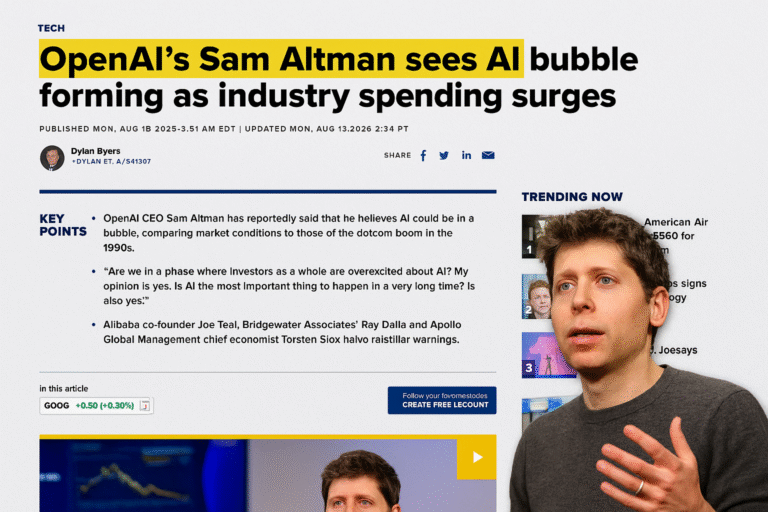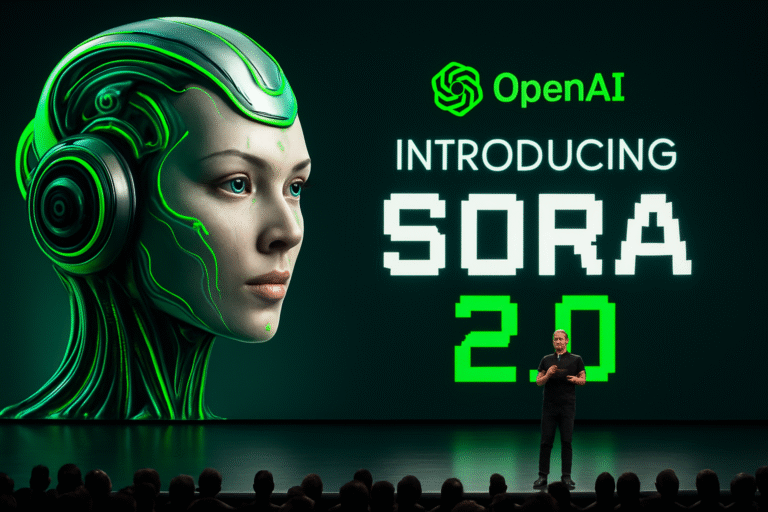

Culture of Fear at Meta AI: Former Researcher Exposes Internal Crisis
The culture of fear at Meta AI is reportedly “spreading like cancer,” according to a former researcher who recently broke their silence. The internal environment at Meta, the parent company of Facebook, Instagram, and WhatsApp, is now under scrutiny as concerns grow over employee morale, transparency, and the future of responsible artificial intelligence development.
In this blog, we’ll dive into what’s really happening inside Meta AI, how this fear-based culture has emerged, and what it could mean for the company’s AI projects moving forward.
What Is the Culture of Fear at Meta AI?
According to the whistleblowing former Meta AI researcher, the culture of fear at Meta AI refers to an environment where employees are afraid to speak up, challenge decisions, or raise ethical concerns. This kind of atmosphere often leads to:
- Suppressed innovation
- Lack of accountability
- Silencing of dissent
- Prioritization of PR over actual progress
This researcher claims that instead of promoting open dialogue and ethical development, Meta has increasingly shifted toward a top-down command culture that punishes disagreement.
The Allegations: What the Former Researcher Said
In an interview with a tech publication, the former Meta AI staff member revealed that the team is experiencing a significant loss of trust in leadership. They claim that:
- Employees fear retaliation if they question management
- Ethical concerns raised about AI models were ignored
- Some researchers left because of internal censorship
- The workplace morale is at an all-time low
Perhaps the most damning quote? “The culture of fear at Meta AI is spreading like cancer — it’s eating away at innovation and ethical responsibility.”
The Impact on AI Development at Meta
Meta has long positioned itself as a leader in artificial intelligence, investing heavily in LLMs (large language models), generative AI, and open-source models. However, a toxic culture can have a serious impact on AI development, including:
- Slower innovation: When researchers are afraid to take creative risks, progress slows.
- Ethical blind spots: If ethical concerns are suppressed, the company may release biased or harmful models.
- Talent drain: Top AI researchers might leave for competitors with healthier work cultures.
- Public backlash: With rising concerns about AI safety, any signs of internal dysfunction could harm Meta’s public image.
The culture of fear at Meta AI could ultimately cost the company billions — not just in lost talent, but in reputational damage and missed opportunities.
How Did It Get This Bad?
Experts believe several factors have contributed to this fear-driven environment:
- Aggressive deadlines: Researchers are under pressure to deliver results quickly, leading to burnout.
- Top-down management: Decisions are made by executives with little input from AI experts.
- Focus on optics: Meta is often more concerned with how things look than how they work.
- Internal competition: Teams within Meta often compete rather than collaborate.
Former employees argue that these factors combined to create a work environment where silence is safer than honesty — a classic sign of a culture of fear.
Meta’s Response
So far, Meta has not officially responded to the recent allegations. In past statements, the company has emphasized its commitment to “responsible AI” and “transparency.” However, critics argue that these are just buzzwords — without meaningful internal reform, they amount to little more than corporate PR.
Why This Matters to You
If you’re a developer, researcher, or even a regular user of Meta products, you should care about the culture of fear at Meta AI. The AI systems developed by companies like Meta power everything from your news feed to facial recognition tools. If those systems are built in a toxic, fearful environment, the technology they produce may be flawed, unethical, or even dangerous.
Can Meta Turn Things Around?
It’s not too late for Meta to repair its internal culture. Here are a few suggestions from organizational experts:
- Promote psychological safety: Employees must feel safe speaking their minds.
- Reinvest in ethics teams: AI ethics teams should be empowered, not sidelined.
- Foster transparency: Open communication builds trust and accountability.
- Encourage collaboration: A unified AI vision requires cross-team cooperation.
Whether Meta will take these steps remains to be seen. But until it does, the culture of fear at Meta AI will remain a serious concern.
Final Thoughts
The allegations from the former Meta AI researcher paint a disturbing picture of life inside one of the world’s most powerful tech companies. As artificial intelligence becomes more deeply embedded in our digital lives, the ethics and culture behind its development matter more than ever.
The culture of fear at Meta AI is not just a company problem — it’s a societal one. And it’s up to all of us to demand more from the people building our future.


